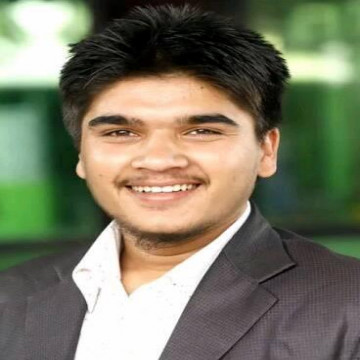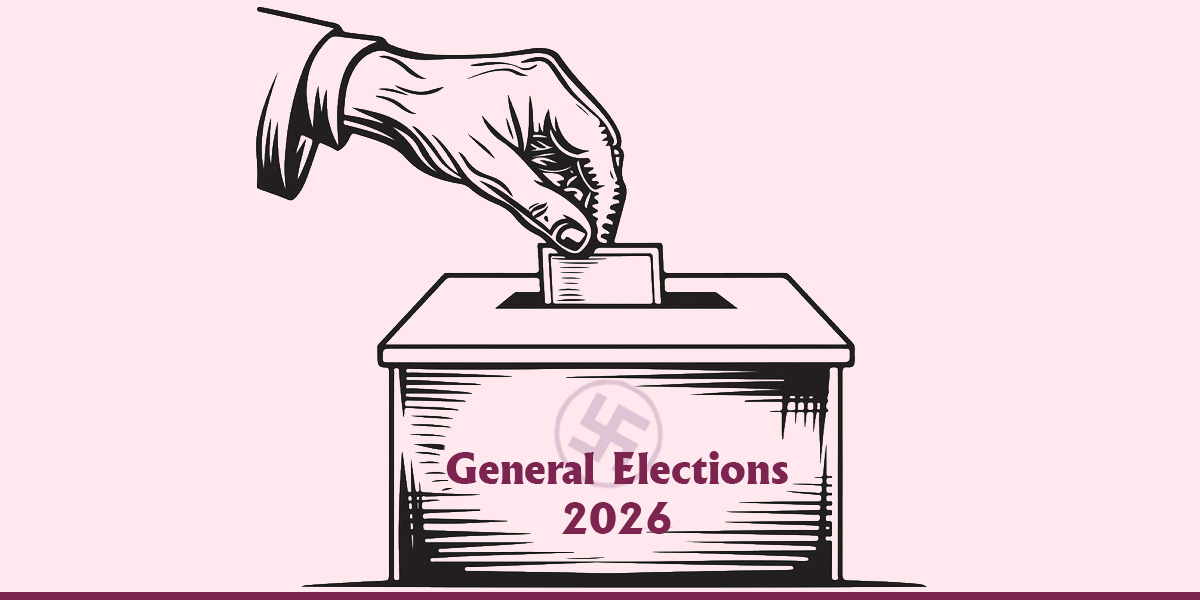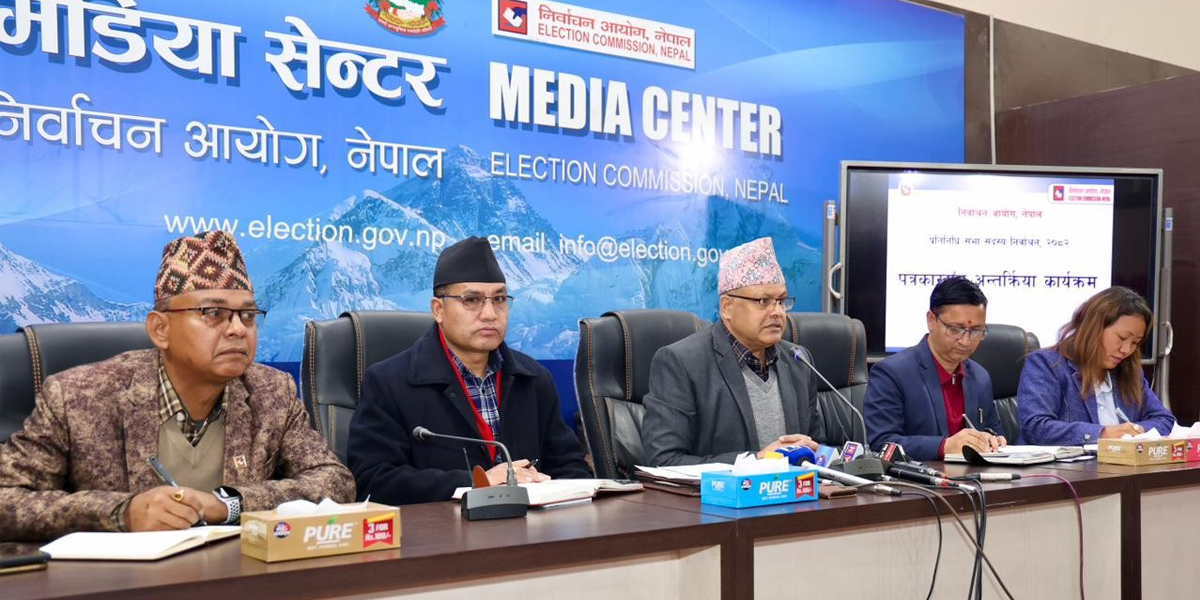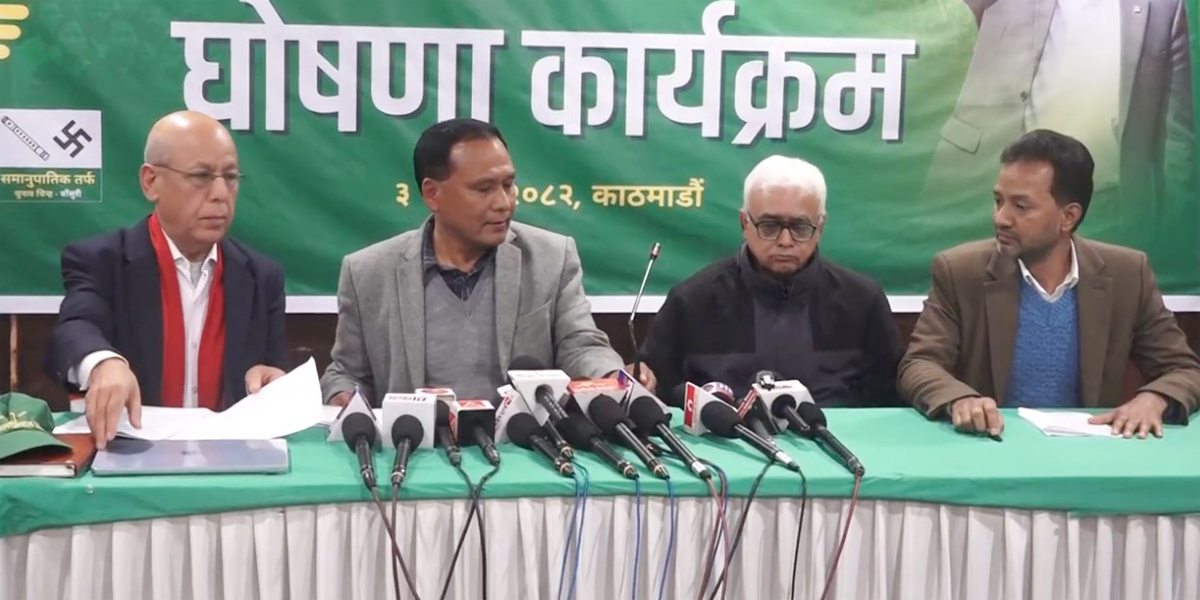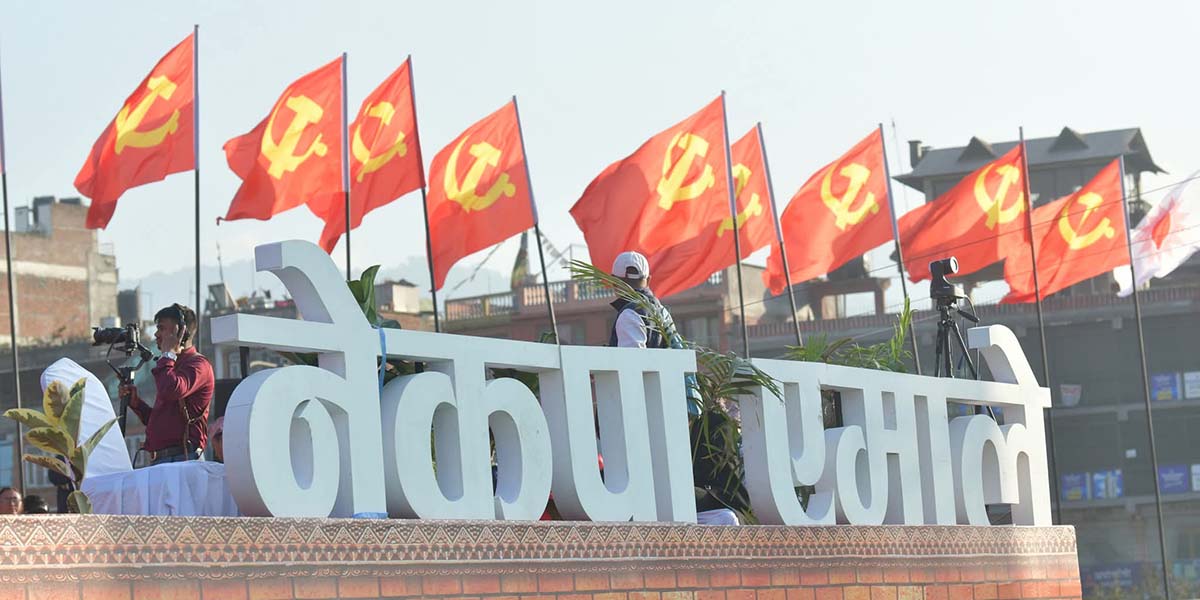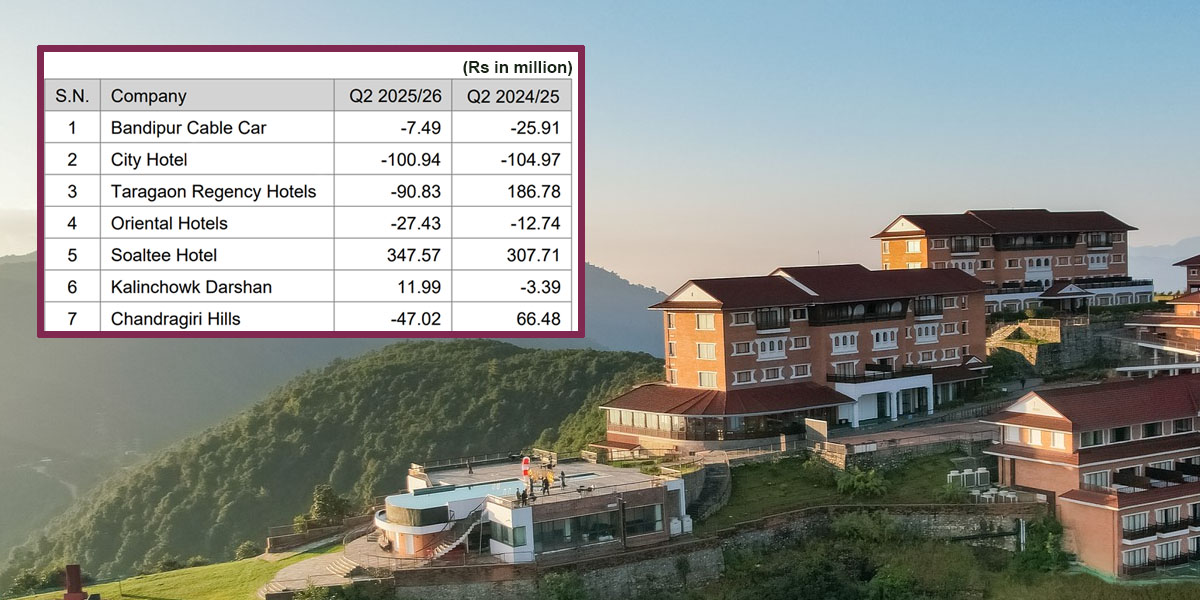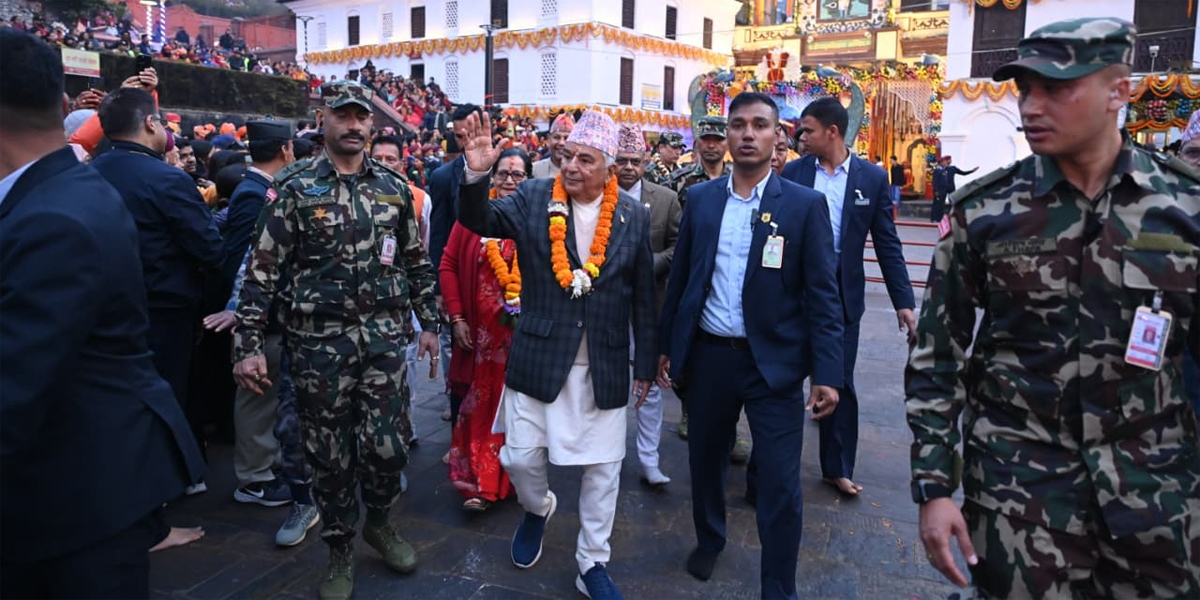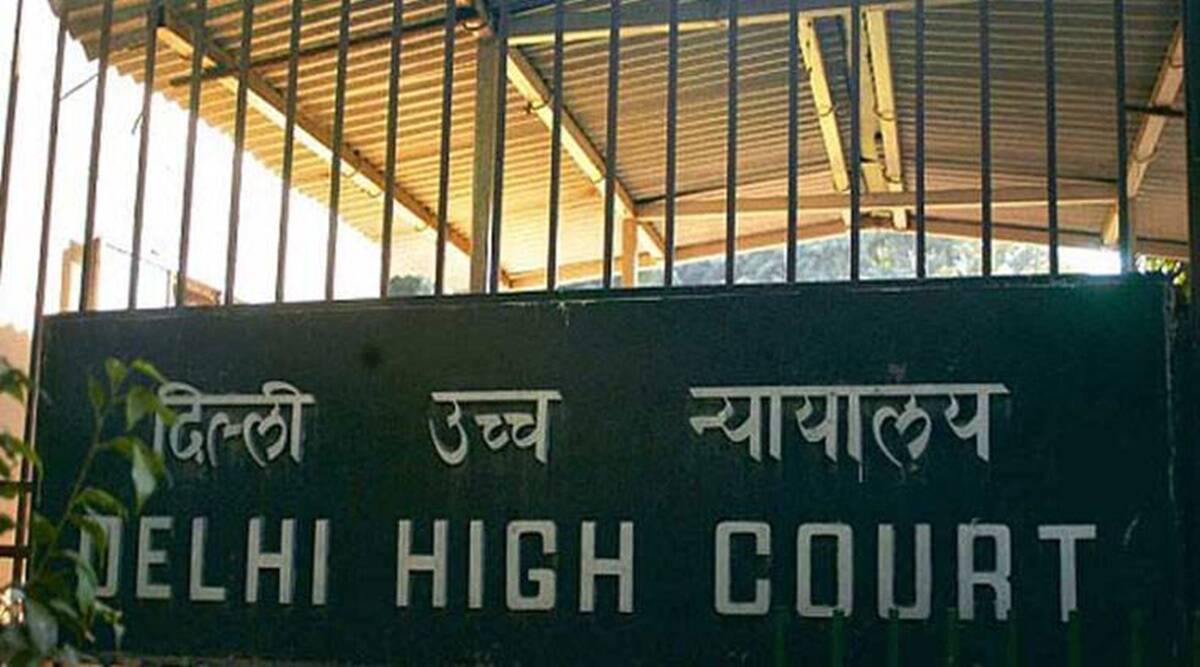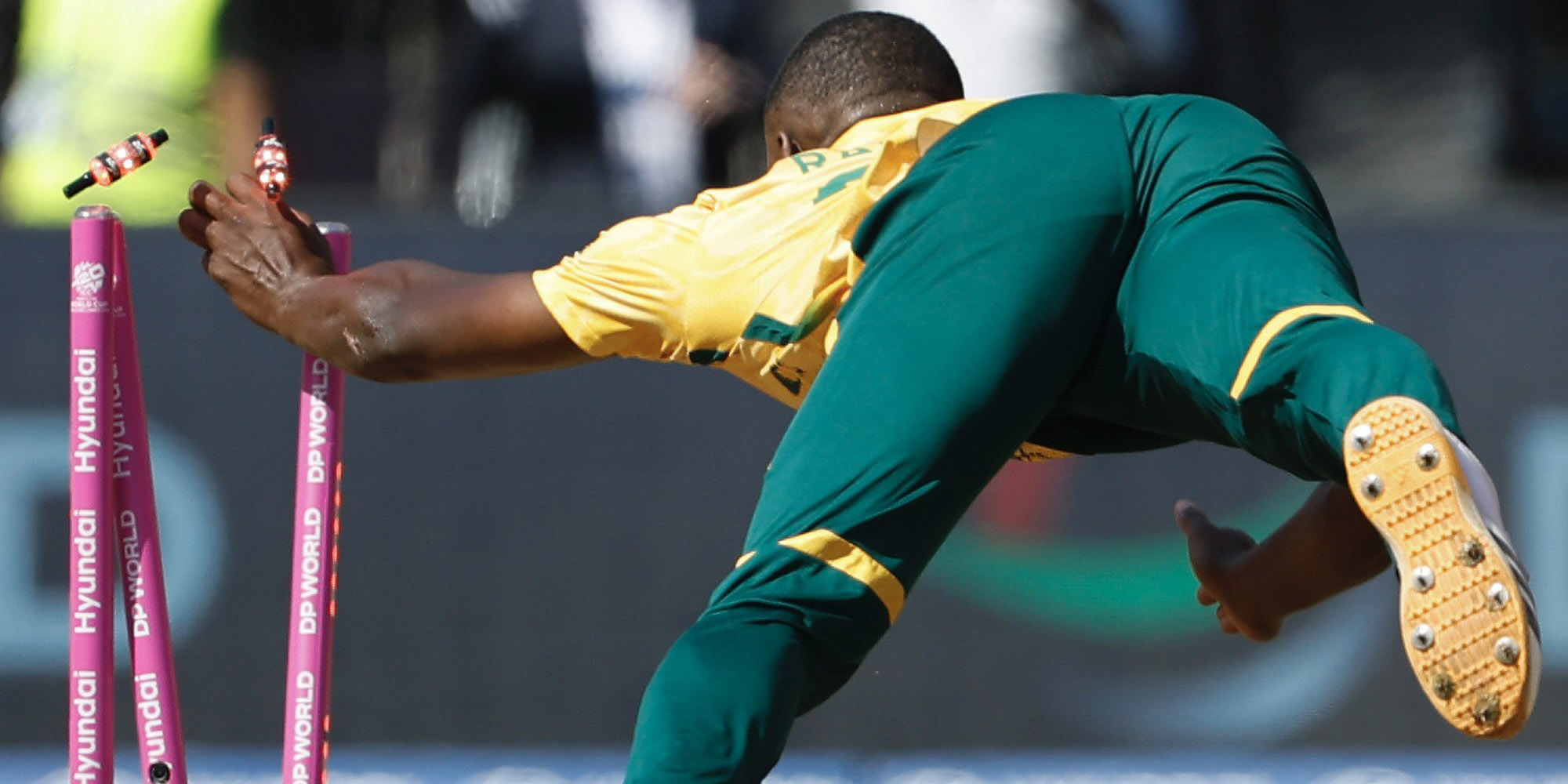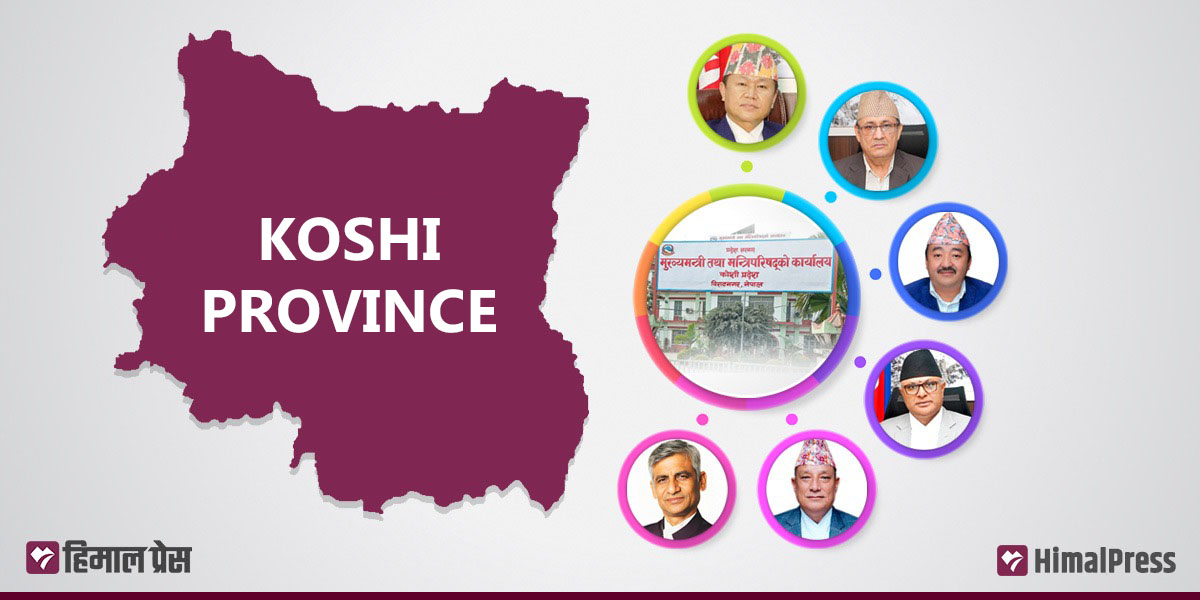
ITAHARI: Seven years have passed since the implementation of federalism and the provincial structure. Two elections have already been held under this system. But have people felt the impact of having a provincial government since the introduction of federalism? This is not just a question, but a serious concern.
In just seven years of its implementation, calls to abolish federalism and the provincial structure are being made from the streets as well as parliament. Such voices are becoming louder, as the provincial structure is seemingly being used for the management of party leaders and workers. Koshi Province is a glaring example of this malpractice. A review of the provincial cabinet over the past seven years clearly shows how poorly federalism is being practiced in the province. The province has seen nine chief ministers and 83 ministers during this period, with many of them being reappointed multiple times.
“There was an error in drafting the constitution itself. When the Constituent Assembly made the constitution, we all hoped that all forms of discrimination based on caste, religion and gender would end,” political analyst Dr Rajendra Sharma said. “That’s what the leaders taught us. But the provincial government has become just a shadow of the federal government.”
Dr Sharma pointed out that the laws needed to implement federalism and empower provinces were never properly formulated. He criticized the practice of changing provincial governments as soon as the power balance shifts at the center, calling it a distortion of federalism.
“Why should the government in the province change the moment the power equation changes at the center? Why did we fail to create strong laws for provinces like those for local governments?” Dr Sharma asked. “The provincial governments have been left powerless without resources, means or laws to govern them. This issue is even more severe in Koshi.”
He added that having nine ministers in seven years, including three in the past two years, and dozens of ministers, speaks volumes about malpractices in federalism. “If things continue this way, federalism might not last long. To extend its life, it’s necessary to amend the laws,” he said. “The constitution has been in place for 10 years now. It is time to consider some amendments.”
Dr Sharma suggested that political parties amend the constitution after holding extensive discussions with legal experts.
He added that provincial governments had become merely a platform for managing leaders and workers who could not be accommodated in the federal government. “Since individuals who do not fit at the center are being placed in provincial governments, and ministerial positions are being handed out as favors, public disillusionment with the provincial government is inevitable,” Dr Sharma said. “This disillusionment could grow and take a more extreme form in the future.”
Chief Ministers of Koshi
Sherdhan Rai: Sherdhan Rai of the then CPN-UML became the first Chief Minister of the province. During his tenure, 10 individuals were appointed ministers in his cabinet.
Hikmat Kumar Karki, Indra Bahadur Angbo, Tanka Angbuhang, Jeevan Ghimire and Ushakala Rai, Jagadish Prasad Kushiyat, Ambir Babu Gurung and Ram Bahadur Magar as Minister of Land Management, Agriculture and Cooperatives. There were some ministers of state as well in his cabinet.
Bhim Prasad Acharya: Bhim Prasad Acharya, also from the UML, succeeded Rai on August 26, 2021 and became Chief Minister for 67 days. He appointed eight ministers – Tulsi Prasad Neupane, Bal Bahadur Samsohang, Lachhiman Tiwari and Hira Kumar Thapa. Lila Ballabh Adhikari, Gyaneshwar Rajbanshi and Uttam Kumar Basnet were ministers of state in his cabinet.
Rajendra Rai: After the split of the CPN-UML, Rajendra Kumar Rai from the CPN (Unified Socialist) was appointed Chief Minister on February 6, 2022. Since he was leading a coalition government, he formed a 13-member cabinet. Kedar Karki, Indra Bahadur Angbo, Rajan Rai, Upendra Prasad Ghimire, Pratap Prakash Hangam, Shekhar Chandra Thapa, Om Prakash Sarawagi, Khinlu Langwa Limbu, Jhalak Bahadur Magar, Ram Kumar Rai, Jayaram Yadav and Himal Karki were ministers in his cabinet, while Bishnu Maya Tumbahamphe was appointed as the minister of state.
Rai reshuffled his cabinet thrice which gave opportunity to Ram Bahadur Magar, Rajkumar Ojha, Kala Ghale, Jas Maya Gajmer, Uttam Kumar Basnet, Gyaneshwar Rajbanshi and Lila Ballabh Adhikari were appointed as ministers of states. During his tenure, 34 provincial assembly members got the opportunity to serve in the government.
Hikmat Karki: In the second term of the provincial assembly, UML’s Hikmat Karki was appointed Chief Minister on January 9, 2023, leading a coalition government of UML, CPN (Maoist Center(, rastriya Prajatantra Party (RPP) and Janata Samajbadi Party (JSP). He reduced the ministries from 13 to nine and appointed six province assembly members in his cabinet – Tilak Kumar Menyangbo, Buddhi Kumar Rajbhandari, Durga Prasad Chapagain, Jeevan Acharya, Bhakti Prasad Sitaula and Nirmala Limbu.
After the Maoist Center and JSP exited the government, Karki lost his position as the chief minister after he failed the floor test. However, the Supreme Court ordered the reappointment of Hikmat Karki as Chief Minister on September 8, 2023, after ruling the floor test of Uddhab Thapa of the Nepali Congress unconstitutional.
Karki initially appointed three ministers – Tilak Kumar Menyangbo, Panchakarna Rai and Srijana Rai – and later inducted Lila Ballabh Adhikari and Buddhi Kumar Rajbhandari into his cabinet. He also appointed Ram Prasad Mehta and Niran Rai as ministers of state.
The UML leader began his third term on May 9, 2024. He appointed Ram Bahadur Rana, Rajendra Karki, Panchkarna Rai, Ek Raj Karki, Ganesh Upreti, Narayan Bahadur Burja Magar and Lila Ballabh Adhikari as ministers, and Srijana Rai and Bandana Jhangad as ministers of state.
Karki reshuffled his government and formed his fourth cabinet with the support of the Nepali Congress on September 13. He then appointed Bhupendra Rai, Khagen Singh Hangam, Sadananda Mandal and Bhoomi Rajbanshi in his cabinet.
Uddhav Thapa: Uddhav Thapa from Nepali Congress was sworn in as the Chief Minister on July 7, 2023, after UML’s Hikmat Karki failed his floor test. He formed a coalition government with the Maoist Center and appointed Pradeep Kumar Sunuwar, Ram Kumar Khatri, Jeevan Acharya, Rajendra Karki and Kamal Jubegu as ministers.
Thapa was sworn in for his second term on August 2, 2023. He appointed Pradeep Kumar Sunuwar, Baburam Gautam, Kamal Jubegu and Nirmala Limbu as ministers, while Gyananand Mandal was appointed as minister of state.
Kedar Karki:
Kedra Karki of Nepali Congress was sworn in as the Chief Minister of 8th provincial government of Koshi on October 15, 2023. He initially appointed Shamsher Rai and Ram Rana as ministers. After UML exited his government, he inducted Pradeep Kumar Sunuwar, Rajendra Karki, Ganesh Prasad Upreti, Ganesh Prasad Jabegu, Ram Kumar Khatri and Narayan Burja Magar into his cabinet. Indira Thapa and Sunita Kumari Gurung were made ministers of state.

